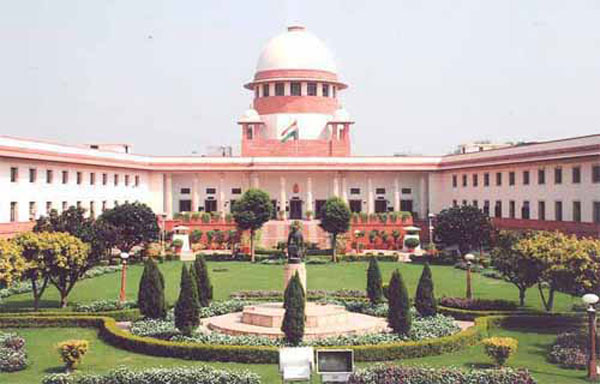The Supreme Court has held that persons in lawful custody — whether convicted in a criminal case or otherwise — cannot contest elections. The ruling, however, does not apply to those on bail.
A Bench of Justices A.K. Patnaik and S.J. Mukhopadhaya dismissed appeals filed by the Chief Election Commissioner and others against a Patna High Court judgment that in 2004 had held that when a person in custody is disqualified from voting he or she must be disqualified from contesting in elections too.
In its order, the Bench said: “We have heard counsel for the [political] parties and we do not find any infirmity in the findings of the High Court in the impugned common order that a person who has no right to vote by virtue of the provisions of Section 62 (5) of the Representation of the People Act 1951 is not an elector and is therefore not qualified to contest the election to the House of the People or the Legislative Assembly of a State.”
Jan Chaukidar (Peoples Watch) and others filed petitions in the Patna High Court contending that a person, who was confined in prison, whether under a sentence of imprisonment, transportation or otherwise, or was in the lawful custody of the police was not entitled to vote by virtue of Section 62 (5) of the RP Act and accordingly was not an “elector” and was, therefore, not qualified to contest elections to the House of People or the Legislative Assembly of a State.
The High Court accepted this contention and held: “A right to vote is a statutory right, the Law gives it, the Law takes it away. Persons convicted of crime are kept away from elections to the Legislature, whether to State Legislature or Parliament and all other public elections. The Court has no hesitation in interpreting the Constitution and the Laws framed under it, read together, that persons in the lawful custody of the Police also will not be voters, in which case, they will neither be electors. The Law temporarily takes away the power of such persons to go anywhere near the election scene. To vote is a statutory right. It is [a] privilege to vote, which privilege may be taken away. In that case, the elector would not be qualified, even if his name is on the electoral rolls.” Aggrieved by the findings of the High Court, the appellants filed the appeals and the Bench dismissed them and upheld the findings rendered by the High Court.

